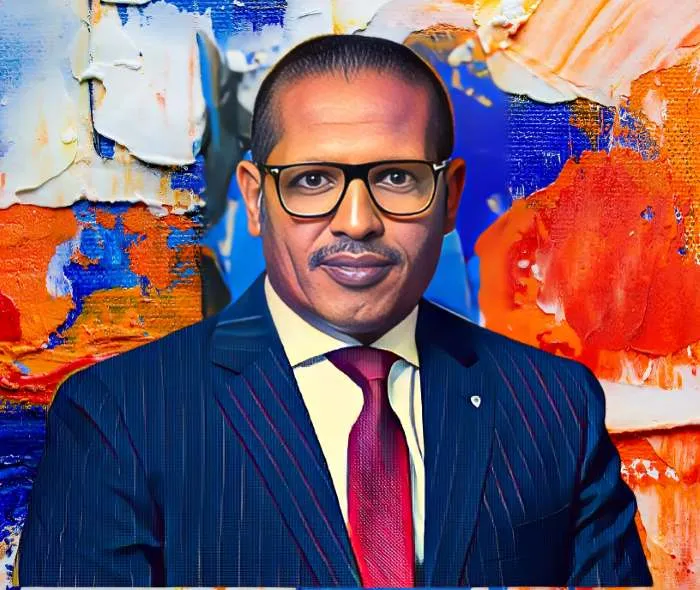Table of Contents
The Egyptian pound’s depreciation has had a significant impact on the fortunes of Egyptian businessmen such as Ahmed Ezz, whose steel company, Ezz Steel, is listed on the Egyptian Exchange.
Ezz, a leading steel tycoon who owns 60.7 percent of Cairo-based steel producer, is one of the wealthiest investors on the Egyptian Exchange and one of Egypt’s richest men.
Ezz Steel is the top steel producer in Africa and the Arab world, producing a total of 5.14 million metric tonnes of steel, surpassing competitors such as Hadeed in Saudi Arabia and Emirates Steel.
Since Oct. 27, when the Central Bank of Egypt announced the flotation of the country’s currency, the pound has depreciated 15 percent, reaching a record low of EGP25 against the dollar in offshore trading.
According to Xe.com, a subsidiary of Euronet Worldwide, the Egyptian pound has depreciated from EGP15.7 against the dollar at the start of the year to EGP24.7 at the time of writing. This depreciation has had a negative impact on the net worth of some of Egypt’s leading businessmen, including Ezz.
Data from Billionaires.Africa showed that the market value of Ezz’s stake in local currency has increased by 55 percent since the beginning of 2022. However, when considering the exchange rate on Jan. 3 and Dec. 30, it was revealed that Ezz suffered a year-to-date loss of $4.43 million due to the depreciation of the Egyptian pound.
With the current foreign exchange risk, businessmen must carefully consider their investment decisions and find ways to protect their wealth in the face of the Egyptian pound’s ongoing depreciation.
The weakening of the pound is a major source of concern for many Egyptian businesses, as it increases the potential losses from currency fluctuations in international financial transactions. Businesses and investors must find ways to modify their operations to reduce this risk.








